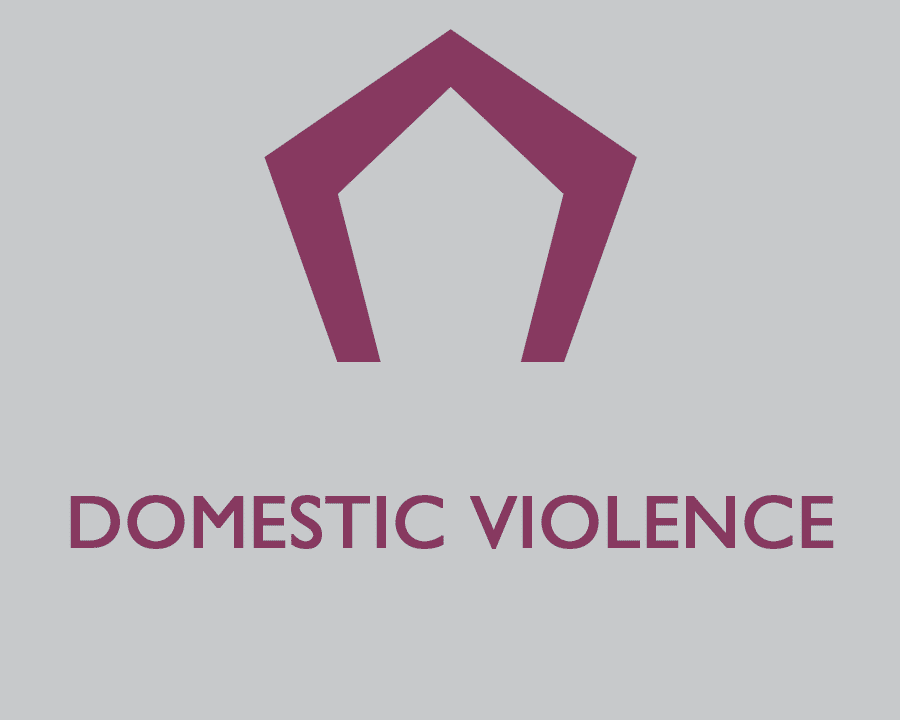(256) 284-7600
200 W Tennessee St, Florence, AL 35630
EMAIL US
If you are in immediate danger
dial 911
What is Elder Abuse?
Elder abuse can be constituted within a range of many things, including any or all of the following:
Physical Abuse – Hitting, shoving, or any type of harmful contact.
Sexual Abuse – Any type of non-consensual sexual act.
Neglect – Ignoring the person by not providing food, healthcare, or shelter.
Exploitation – Illegally taking or misusing funds, property, or assets without consent from the senior.
Emotional Abuse – Any type of mental pain or distress inflicted on the elder through verbal or non-verbal acts.
Abandonment – Abandoning the elder by the person who is allegedly responsible for them.
What are some warning signs?
-
Bruises, pressure marks, or broken bones are all signs of physical abuse.
-
Sudden withdrawal from regular activities, depression, or change in attitude can be results of emotional abuse.
-
Sudden changes in financial situations.
-
Bed sores, unattended hygiene, new medical problems, or weight loss could be signs of neglect.
-
Strained or tense relationships between the elder and the caregiver could be signs or abuse.
What is self-neglect?
Self neglect is any time the elder is refusing or unable to care for him or herself. They may not be eating, taking their medications, bathing, or they may unable to keep their household clean and safe. Self neglect is the most frequently reported problem to adult services.
What is caregiver neglect?
-
Lack of basic hygiene, adequate food and water, or clean and appropriate clothing.
-
Sunken eyes or loss of weight.
-
Person with dementia left unsupervised.
-
Untreated pressure bedsores.
-
Lack of medical aids (glasses, walker, teeth, hearing aid, medications).
Where to go for help?
National Center on Elder Abuse (NCEA)
The NCEA is a resource for public and private agencies, professionals, service providers, and individuals interested in elder abuse prevention information, training, technical assistance, and research. Phone: (855) 500-3537
Adult Protective Services (APS), present in all 50 states, is designated to receive and investigate allegations of elder abuse and neglect. Each state has a primary agency that houses APS. It may be the Area Agency on Aging, the Division of Aging, the Department of Aging, or the Department of Social Services.
Area Agencies on Aging (AAAs) provide support for older adults, their families, and caregivers through advocacy, information, and services. Programs and services offered for vulnerable older adults vary by locality but often include a long-term care ombudsman and an elder abuse prevention specialist. Check your local telephone directory or use this link.
The Eldercare Locator is a nationwide service sponsored by the U.S. Administration on Aging that connects older Americans and their caregivers with information on senior services. If you know the address and zip code of an older person being abused, the Eldercare Locator can refer you to the appropriate agency in the area to report the suspected abuse. Phone: (800) 677-1116
Medicaid Fraud Control Units (MFCU)
Each state attorney general's office is required by federal law to have an MFCU that investigates and prosecutes Medicaid provider fraud and patient abuse and neglect in health care programs and home health services that participate in Medicaid. Contact information for individual state MFCUs is available online.
National Domestic Violence Hotline
This toll-free, anonymous hotline provides support counseling for victims of domestic violence and links to more than 4,000 local support services for abused women across the U.S. The hotline operates 24 hours a day, every day of the year. Phone: (800) 799-7233 , TDD (800) 787-322
Additional information on abuse and how to help can be found on
the National Committee for the Prevention of Elder Abuse website.

